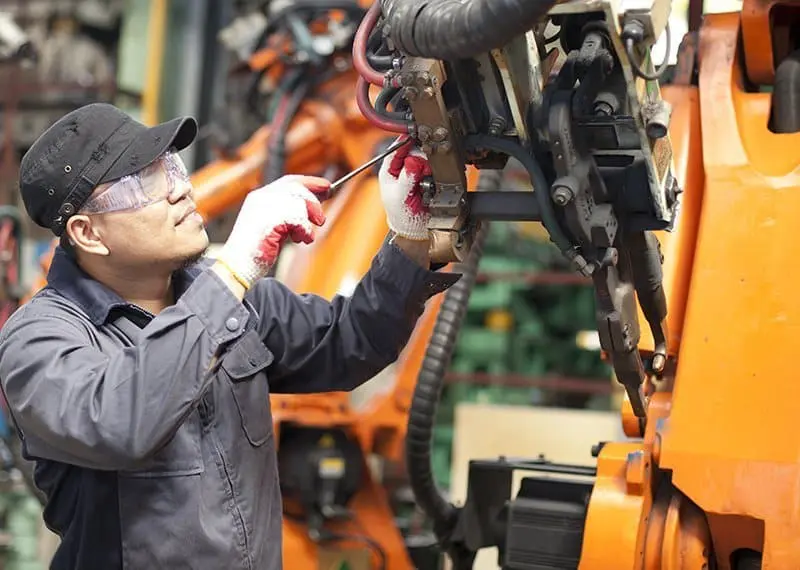The maintenance department hasn’t always gotten the respect it deserves. In the past organizations were more likely to ignore the maintenance department—until something went wrong. Once overlooked, it’s time to give the maintenance department some credit!
Our customers have seen it happen—like Henry, the vice president of operations for a manufacturing company.
Henry has a vision for his organization. It’s simple—make high-quality products to sell at reasonable prices, and back it all up with strong customer service.
Henry realized, much faster than many, that this vision rested on the shoulders of people who often don’t get the credit they deserve—the maintenance team.
Maintenance Makes It Happen
Henry’s factory has invested in a lot of high-tech equipment. His employees are focused, monitoring the equipment from computer screens throughout the building. His production and maintenance departments work closely together.
“Most manufacturers focus on production workers—the people who are turning out the products on the line,” he said. “Not as many see that maintenance is the center of the hub, the place where everything connects. Because your production team is only as efficient as their equipment. And the maintenance crew makes it happen.”
Maintenance Makes a Difference
Henry’s also invested in his people to keep that equipment running smoothly. He’s had to think outside the box, he explained.
“It’s hard to find good people,” Henry said. “We’ve invested in attracting younger people through our in-house training program. We’re creative about how we recruit new employees. We work closely with local high schools and colleges to find people with the right aptitude, even if they don’t have the skills right away.”
And he works hard to make his company a place where people feel valued.
“It’s not all about the paycheck. Today’s employees are looking for meaningful work where they feel like they make a difference,” he said.
So Henry has emphasized the contributions of his maintenance team, making sure everyone understands the important role they play in the company. He believes it has helped his organization survive—and prosper—while others have struggled.
Henry was an early adapter. But his perspective about maintenance is spreading—and it will continue to do so as more organizations see the light.
“Maintenance keeps our organization moving forward,” he said. “A successful maintenance department contributes to our success as a company.”
What’s your experience? Has your organization realized the value of investing in maintenance? Leave a comment or contact us.


